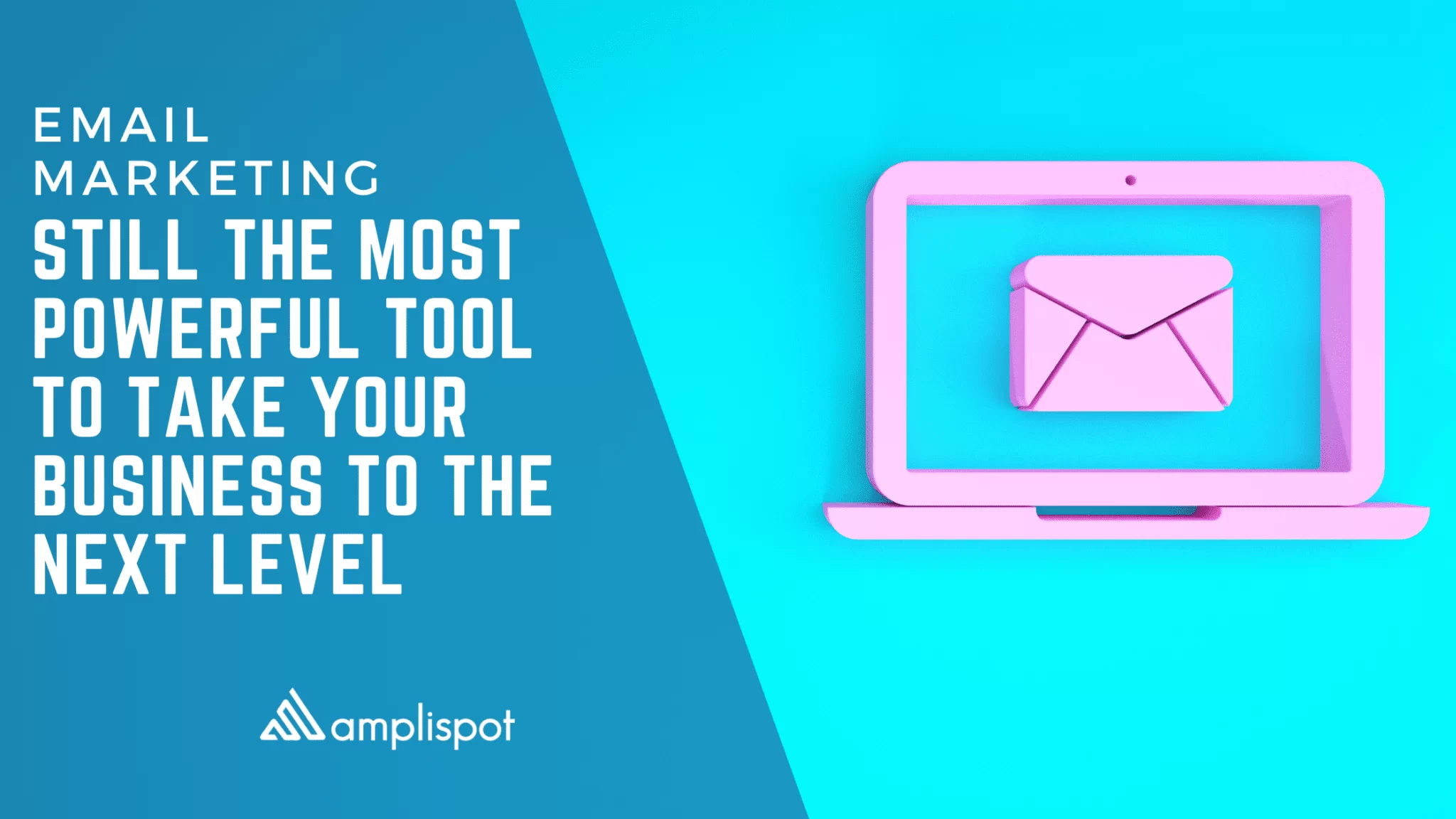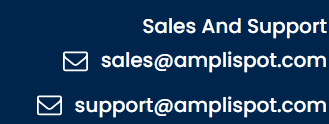The goal of any business is to attract and retain clients. So, whether you’re flailing to get consumers back during a worldwide epidemic or broadening your marketplaces during “ordinary” business hours, the question remains: What can you do? What are the greatest techniques for drawing visitors to your store, website, restaurant, workplace, etc.?
It’s marketing, isn’t it? We all know the answer to that. But marketing isn’t a simple task. There are many aspects of an entire marketing strategy—and they’re always changing. It may be difficult to create a marketing plan for your small business when you consider all of the things that go into one.
One marketing approach that has proven its reputation is email marketing. Email marketing still promises to provide the greatest return on investment of all marketing techniques, with a $42 return for each dollar spent.
AWeber recently released its 2020 Small Business Marketing Email Marketing Statistics Report, which includes interviews with small business owners and industry experts. These are the most effective methods employed by other small businesses. Examine whether they might benefit your company as well.
According to the survey, not all small firms are utilizing email marketing. According to the study, 66 percent of companies said they utilize email marketing to “promote their businesses or communicate with leads and/or customers.”
If you are not among the majority, now is (nearly) time to include email in your marketing strategy. If the ROI isn’t enough to persuade you, keep in mind that consumers want businesses to use email as a way of communicating with them.
How effective is email marketing?
Email is an effective communication tool because it allows businesses to send targeted messages directly to their customers. Messages can be personalized based on customer preferences, demographics, and buying history. This level of customization helps ensure that customers receive relevant information that is interesting and useful to them.
Email marketing is also an effective way to build relationships with customers. By sending regular newsletters, offers, and other types of communications, businesses can keep customers informed about new products, services, and special deals. This helps to keep customers engaged with the business and encourages them to return for future purchases.
Personalized, targeted, and built with the consumer in mind are three key elements of effective email marketing.
How do you measure success?
Additionally, email marketing allows businesses to track the success of their campaigns. They can measure how many people opened their email, clicked on any links, or made a purchase as a result of the email. This information can help businesses fine-tune their marketing strategies to ensure that they are providing the most relevant and useful information to their customers.
Without deciding on the criteria you wish to track, you won’t be able to assess how successful your email marketing is. The most frequent measurements for small enterprises are open rates and click-through rates:
- Open rates—65% of small businesses average open rates between 11% and 50%.
- Click-through rates—The statistic revealed that many small firms need to raise their click-through rates; the average email click-through rate for small enterprises is between 0% and 10 percent.
How often should you send emails?
There is no definitive answer to this question. It depends on the business and its customers. Some businesses may find that they need to send emails more often to keep customers interested and engaged. Others may find that less frequent emails work better for them. It is important to experiment with different frequencies to see what works best for your business.
Nearly 40% of respondents state they send emails at least once a week, but less than daily. More than 30% send emails at least once a month, but fewer than weekly. And roughly 12% email more frequently than once a month.
Still not sure what to do? Beginners might want to try email marketing campaigns at least twice a month, whereas those with more experience might want to aim for weekly sends.
Does list size matter?
The size of your email list matters because the larger your list, the more potential customers you have. Additionally, a large email list allows you to reach more people with your marketing messages, which can result in more sales and revenue. Additionally, a large email list provides businesses with a valuable asset that can be used to promote new products, services, and special deals.
Building a large email list takes time and effort, but it is well worth the investment. By providing customers with valuable information and offers, businesses can encourage them to sign up for their email list.
The majority (43%) of the participating small company owners have email lists with between 0 and 500 subscribers. Slightly more than 30% of firms have between 1,001 and 9,999 email subscribers, whereas just 7% have more than 50,000.
Is it true that the size of your list has an impact on performance? Yes, but don’t let that discourage you. It appears that having less than 500 subscribers makes a difference. According to a survey of small enterprises, 42 percent said their email marketing approaches were effective or very effective, while just 20% of firms with 500 or fewer subscribers reported the same.
Conclusion
Email marketing is an essential tool for small businesses looking to accelerate growth and take their business to the next level. It allows businesses to target and personalize their messages to customers, track the success of campaigns, and measure the impact of their efforts. Additionally, email marketing provides businesses with a valuable asset in the form of a large email list.
Email marketing is a critical resource for boosting your small firm’s growth and taking it to the next level.



































